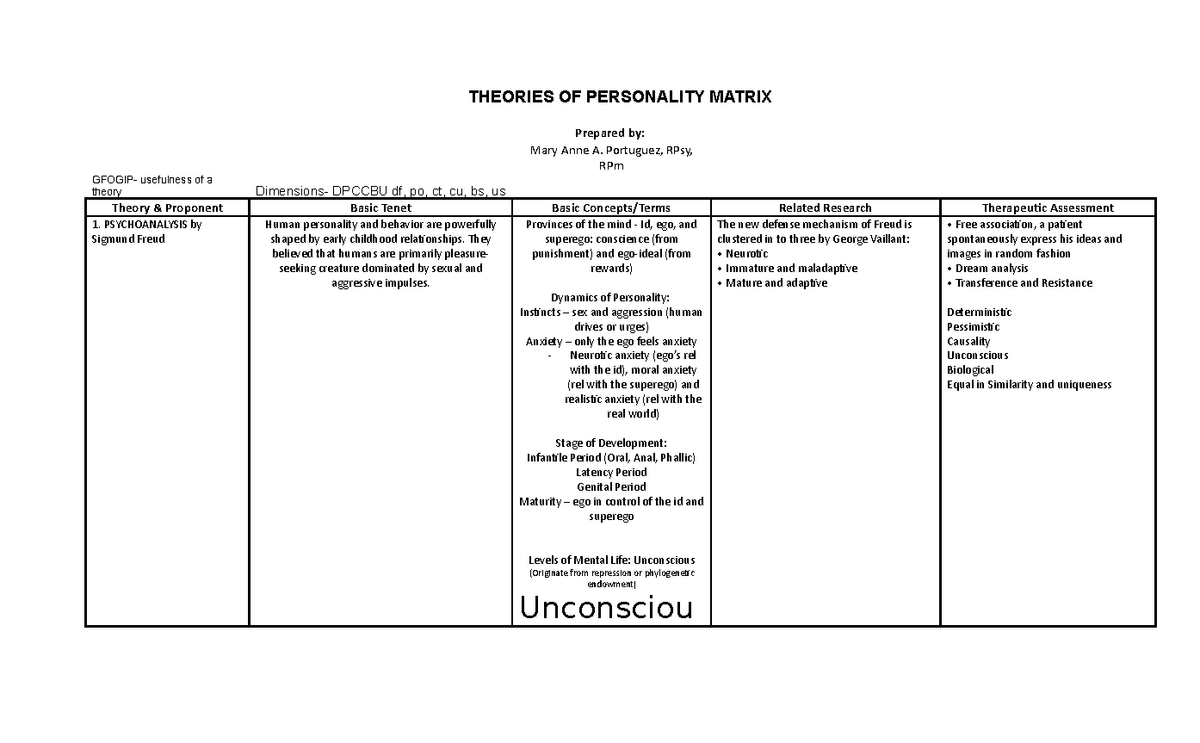

Now that you know about I-O psychology’s history and mission, perhaps you’re curious to learn more about current trends in the field. For a more thorough account, see Koppes (2017). This work represents just a small piece of I-O history. As a result of the contributions psychology made during the war some private companies, like Standard Oil and General Electric, became interested in how they could benefit from I-O psychology. Fortunately, much of the work Yerkes and colleagues developed during WWII was continued through the establishment of several military research laboratories.


Organizational psychology also proved its worth in the war effort through work on topics like organizational dynamics and morale.

Efforts by the Yerkes group helped demonstrate the value of industrial psychology.ĭuring World War II (WWII) Yerkes, Walter Bingham, and Walter Dill Scott were called back by the military to perform functions similar to those they did during the previous war. Both tests could be administered in group settings, which helped streamline the testing program. As part of the project, Yerkes and his colleagues developed the Army Alpha and Army Beta mental ability tests, both of which were paper and pencil instruments. Yerkes and a group of associates, worked on the selection and placement of US military personnel. For instance, Munsterberg developed a lab based simulation of the controls of trolley cars (he used psychological science to screen out trolley operator applicants to who were at high risk for accidents).ĭuring World War I (WWI) Robert Yerkes (who trained at Harvard under Munsterberg), convinced the US government that psychologists could help with the war effort. He began applying psychological principles to the world of work in the early 1900s. Many consider Harvard Professor Hugo Munsterberg to be one of the founders of I-O. I-O is a relatively new area of specialization within the science of psychology. We hope that you’ve at least heard of I-O psychology, but if not, here’s a very brief account of its beginnings. Where did industrial-organizational (I-O) psychology come from? For more about what I-O psychologists do click here. In general, the more efficient an organization is (be it a for-profit corporation, non-profit agency, or government entity) the more all stakeholders benefit. Their mission is to identify and apply techniques that benefit not only employers, but also employees. Industrial-organizational psychologists research and apply principles of psychology to the world of work.


 0 kommentar(er)
0 kommentar(er)
